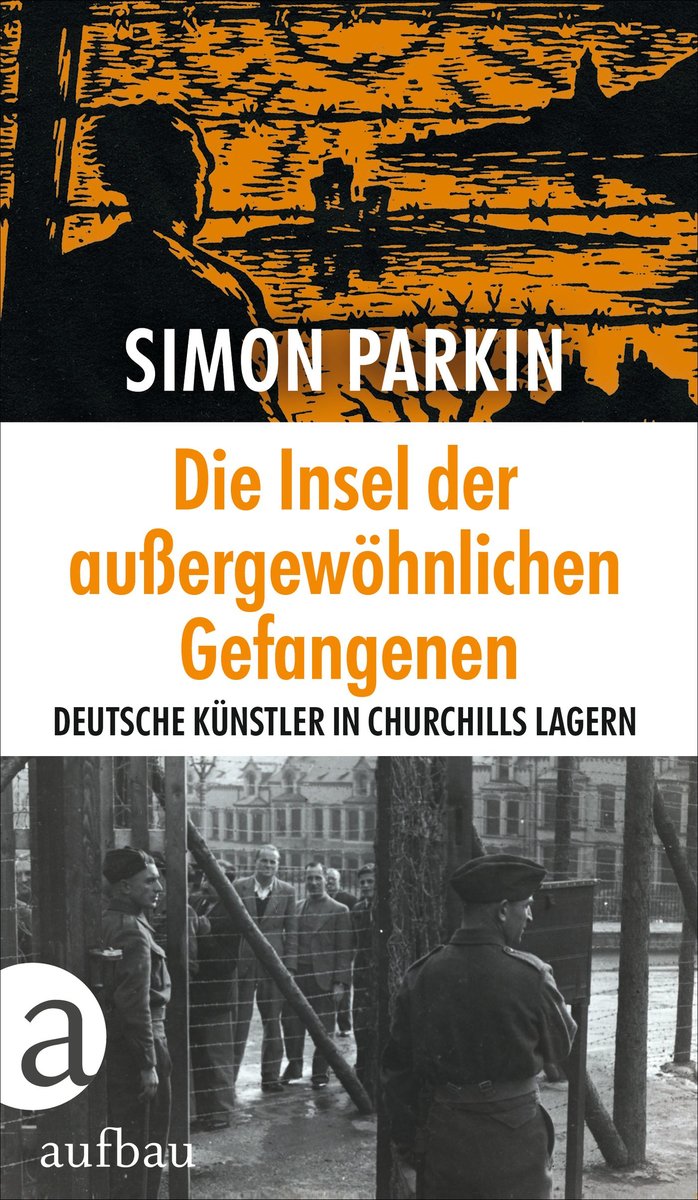Zum ersten Mal erzählt: das Schicksal deutscher Künstler in Churchills Internierungslagern
Im Mai 1940 ließ Winston Churchill alle männlichen Deutschen und Österreicher zwischen 16 und 60 Jahren als »feindliche Ausländer« internieren. Die Flüchtlinge waren den Nazis gerade entkommen und wurden nun auf die Isle of Man zwischen Irland und England verbannt. Das Hutchinson Camp wurde daraufhin zu einem kreativen Zentrum, in dem einige der begabtesten Denker, Schriftsteller, Musiker und Künstler des 20. Jahrhunderts lebten - unter ihnen Dadaist Kurt Schwitters.
Der preisgekrönte Historiker Simon Parkin beleuchtet zum ersten Mal dieses ungewöhnliche Kapitel des Zweiten Weltkriegs.
»Geschichtsschreibung vom Feinsten.« BOOKLIST
»Akribisch recherchiert und unmöglich aus der Hand zu legen.« DAILY EXPRESS
WINGATE LITERARY PRIZE 2023



